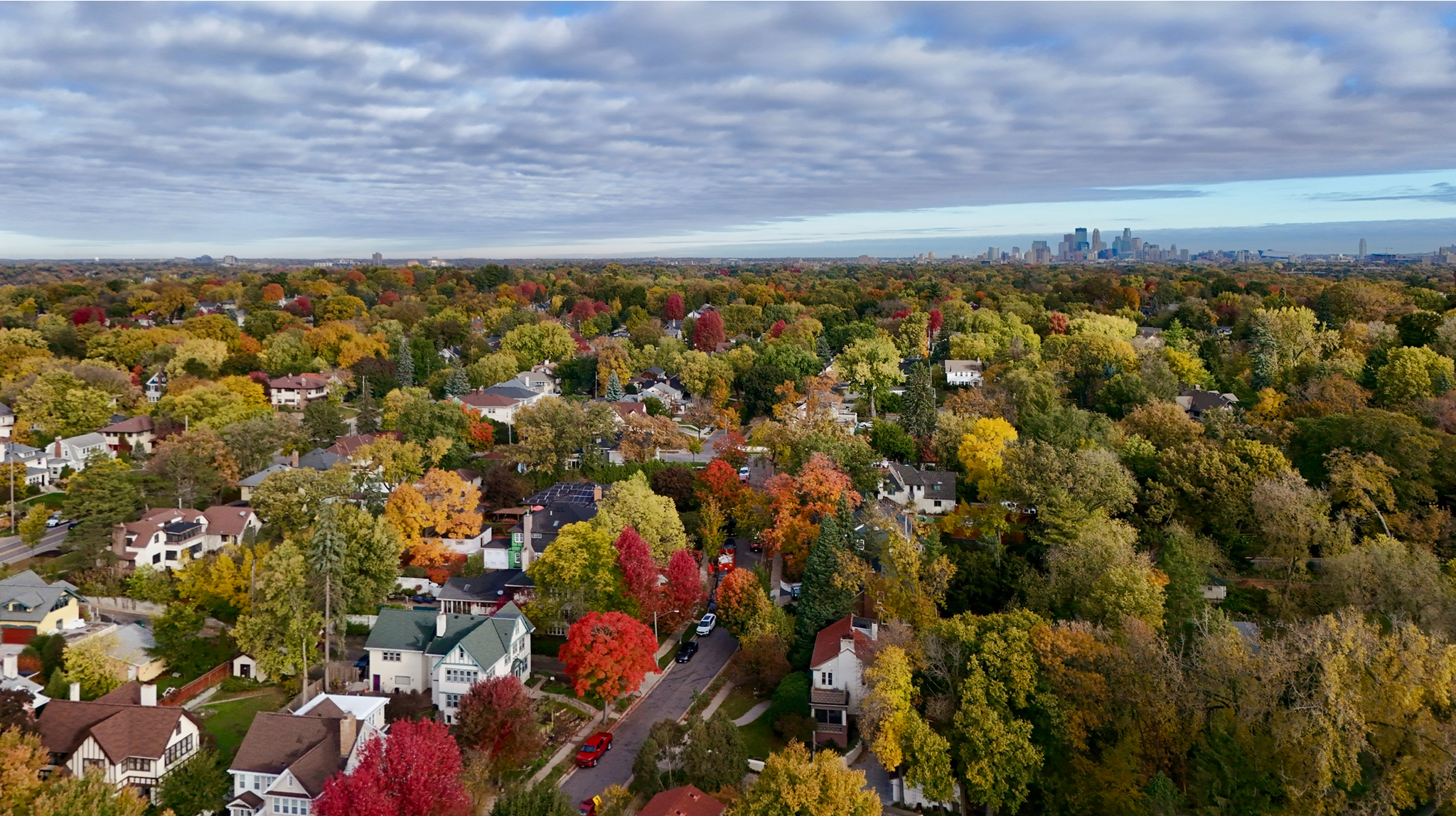
Condo vs. Single-Family Home: How to Choose What Fits You
Should you buy a condo with low-maintenance living, or a single-family home with more space and freedom? Use this guide to compare costs, lifestyle, rules, and resale so you can buy with confidence.
Quick Answer
Choose a condo if you want convenience, lower day-to-day maintenance, and amenities in a walkable area—and you’re comfortable with HOA rules/fees. Choose a single-family home if you value space and autonomy, potential for renovations, yard/play areas, and fewer rule restrictions—and you’re willing to take on upkeep.
Get a 10-minute consult Run the cost comparisonSide-by-Side Comparison
| Factor | Condo | Single-Family Home |
|---|---|---|
| Total Monthly Cost | Mortgage + taxes + insurance (often condo or walls-in) + HOA dues (covers exterior, amenities, reserves) | Mortgage + taxes + homeowner’s insurance (full structure) + maintenance (you handle roof, siding, yard) |
| Upfront Price | Typically lower entry price per door; may pay higher $/sqft in prime locations | Often higher total price; more land/space for the money in many suburbs |
| Maintenance | Low day-to-day—HOA handles exterior/common areas | You handle everything (or hire it out); more control over timing/quality |
| Rules & Flexibility | HOA bylaws on pets, rentals, renovations, noise, exterior changes | Few formal restrictions (check city/municipal codes and any neighborhood covenants) |
| Amenities | Common: gym, pool, community rooms, roof decks, concierge | Private amenities based on your lot and budget (yard, garage, additions) |
| Location Lifestyle | Often walkable/central; elevator access; lock-and-leave | Often more space/privacy; garages/driveways; yard and storage |
| Resale Dynamics | HOA health & fees matter; buyer pool varies with urban trends | Broad buyer pool, especially for family-friendly neighborhoods |
| Insurance | Walls-in HO-6 policy + HOA master policy | HO-3/HO-5 covering full structure + liability |
| Financing & Appraisals | Lender may require HOA docs, budget/reserves; project approval can affect loans | Typically straightforward; appraisal comps driven by lot/condition/school zone |
| Rental Potential | Dependent on HOA rules (caps, minimum lease terms, STR bans) | Dependent on city ordinances; generally more flexibility for ADUs/STRs |
When a Condo Shines
- “Lock-and-leave” lifestyle (travel often, busy schedule)
- Desire for walkable dining, culture, or transit
- Value amenities (gym, pool, concierge, rooftop)
- Comfortable with HOA dues and community rules
- Prefer predictable maintenance (shared responsibilities)
When a Single-Family Home Wins
- Need for yard, garage, workshop, or more storage
- Plan to remodel, add on, or customize
- Fewer rule constraints (pets, exterior changes, playsets)
- Long-term ownership and equity growth goals
- Comfort managing contractors/maintenance
Apples-to-Apples Cost Check (5-Minute Exercise)
- Estimate mortgage for each property type at your target price.
- Add HOA dues for condos (ask for current year budget & reserves).
- Add insurance: HO-6 (condo) vs. full HO-3/HO-5 (home).
- Add taxes for each neighborhood (verify assessments/specials).
- Add maintenance:
- Condo: small interior reserve (e.g., $50–$100/mo for appliances/repairs).
- Home: set aside 1–2% of home value per year for upkeep (~$250–$500/mo per $300k).
- Compare totals and stress-test with +/- 10% on rates and HOA.
Pro tip: For condos, review the reserve study, owner-occupancy ratio, delinquency rate, litigation history, and upcoming capital projects (roof, elevators, garage, façade).
Get Personalized Guidance
Every market and building is different. We’ll help you compare specific condos and single-family homes—including monthly costs, HOA health, resale outlook, and neighborhood fit—so you can buy with clarity.
Start your 10-minute consult Browse current listingsFAQs
Do condos really cost less each month?
Sometimes. HOA dues add to the payment but can offset services you’d otherwise pay for—like exterior maintenance, snow/lawn care, amenities, and building insurance. Compare the all-in monthly totals.
What should I look for in HOA financials?
Healthy reserves, realistic budgets, low delinquency, and a clear plan for big capital projects. Ask for the reserve study and the last year of meeting minutes.
Which appreciates better—condos or single-family?
It varies by neighborhood and cycle. Homes often track land scarcity and family demand; condos can outperform in urban, amenity-rich areas when walkability is in high demand. Focus on a quality location and well-run property.
Are condos harder to finance?
They can be if a project has low reserves, high investor ratios, or litigation. Lenders review HOA documents—get them early to avoid surprises.
How do I compare maintenance risk?
For homes, budget 1–2% of value per year for upkeep and set aside for big items. For condos, review upcoming building projects and master policy deductibles you might share via special assessments.
Disclaimer: This guide is for general education and is not legal, tax, or financial advice. Always review HOA documents, inspections, and local ordinances before purchasing.


Leave A Comment